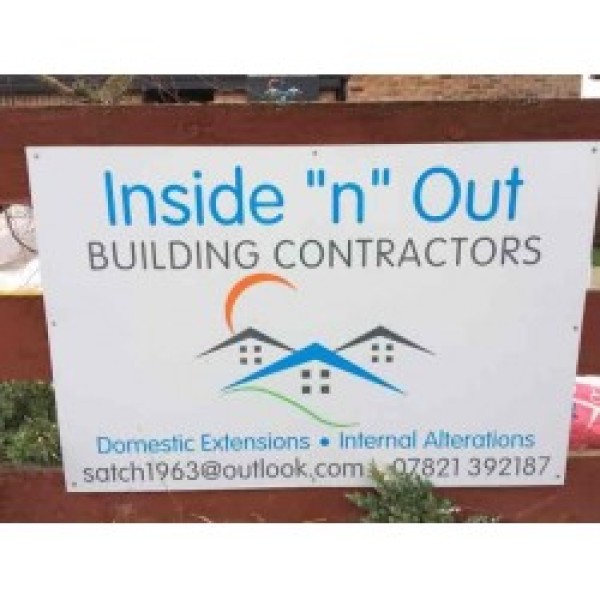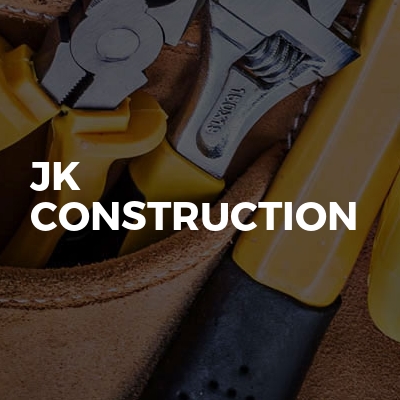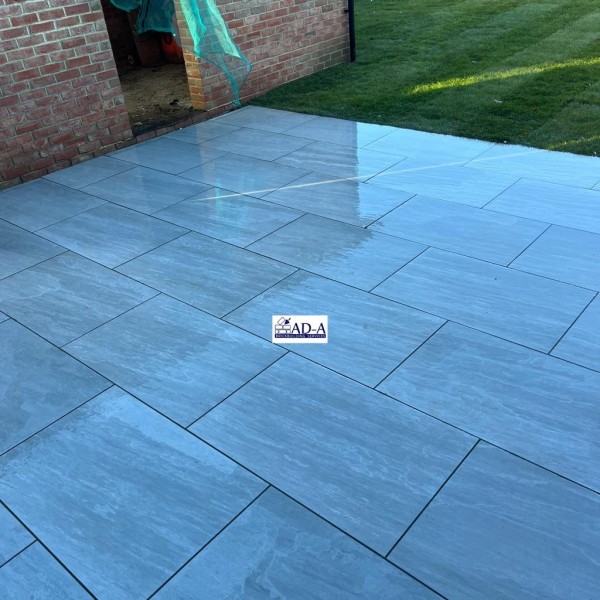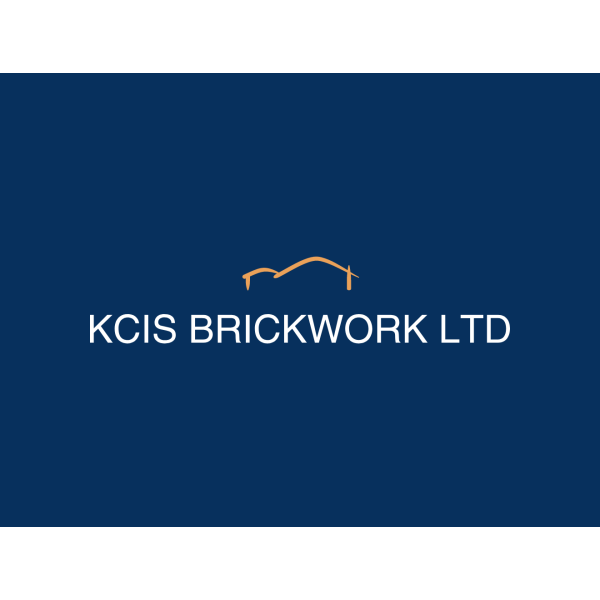Understanding the Role of Extension Builders in Dover
In the charming town of Dover, nestled along the iconic white cliffs, the demand for home extensions has been on the rise. Whether it's a growing family needing more space or homeowners looking to add value to their property, extension builders in Dover play a crucial role in transforming living spaces. This article delves into the world of extension builders, exploring their responsibilities, the benefits they offer, and what you should consider when hiring one.
What Do Extension Builders Do?
Extension builders are skilled professionals who specialise in adding extra space to existing structures. Their work involves planning, designing, and constructing extensions that blend seamlessly with the original building. From initial consultations to the final touches, these builders manage every aspect of the project, ensuring that the extension meets the homeowner's needs and complies with local regulations.
The Planning Phase
Before any construction begins, extension builders engage in a thorough planning phase. This involves assessing the current structure, understanding the homeowner's vision, and creating detailed blueprints. Builders must also consider factors such as the property's layout, available space, and any potential challenges that could arise during construction.
Design and Customisation
One of the key roles of extension builders is to design extensions that are both functional and aesthetically pleasing. They work closely with homeowners to customise the design, ensuring that it complements the existing architecture and meets specific requirements. This might include choosing materials, deciding on the layout, and selecting finishes that enhance the overall look of the property.
Construction and Project Management
Once the design is finalised, extension builders oversee the construction process. They coordinate with various tradespeople, manage timelines, and ensure that the project stays within budget. Their expertise in project management is crucial for delivering a successful extension that meets the homeowner's expectations.
Benefits of Hiring Extension Builders in Dover
Hiring professional extension builders in Dover offers numerous benefits. These experts bring a wealth of experience and knowledge to the table, ensuring that your extension is built to the highest standards. Here are some key advantages:
- Expertise and Experience: Extension builders have the skills and experience needed to tackle complex projects. They understand the intricacies of construction and can navigate any challenges that arise.
- Quality Workmanship: With a focus on quality, extension builders ensure that every aspect of the project is completed to a high standard. This results in a durable and long-lasting extension.
- Time and Cost Efficiency: Professional builders can complete projects more efficiently, saving you time and money in the long run. They also have access to resources and materials at competitive prices.
- Compliance with Regulations: Extension builders are familiar with local building codes and regulations, ensuring that your extension is compliant and safe.
Choosing the Right Extension Builder in Dover
Selecting the right extension builder is crucial for the success of your project. Here are some factors to consider when making your choice:
Experience and Reputation
Look for builders with a proven track record and positive reviews from previous clients. Experienced builders are more likely to deliver high-quality work and handle any challenges effectively.
Portfolio and References
Review the builder's portfolio to see examples of their previous work. This will give you an idea of their style and capabilities. Additionally, ask for references and speak to past clients to gain insights into their experiences.
Communication and Transparency
Effective communication is key to a successful project. Choose a builder who is transparent about costs, timelines, and any potential issues. They should be willing to answer your questions and keep you informed throughout the process.
Licensing and Insurance
Ensure that the builder is licensed and insured. This protects you from any liabilities and ensures that the builder is qualified to carry out the work.
Common Types of Home Extensions
Home extensions come in various forms, each serving different purposes. Here are some common types of extensions that builders in Dover can help you with:
Single-Storey Extensions
These extensions are ideal for adding extra living space, such as a larger kitchen or a new living room. They are typically built at the rear or side of the property and can significantly enhance the functionality of your home.
Double-Storey Extensions
For those needing more space, a double-storey extension can provide additional bedrooms or bathrooms. This type of extension is more complex but offers substantial benefits in terms of space and value.
Loft Conversions
Loft conversions are a popular choice for homeowners looking to maximise unused space. They can be transformed into bedrooms, offices, or playrooms, adding both space and value to your home.
Garage Conversions
Converting a garage into a living space is a cost-effective way to add an extra room to your home. This type of extension is versatile and can be used for various purposes, such as a home gym or a guest suite.
Understanding the Costs Involved
The cost of a home extension can vary significantly depending on factors such as size, design, and materials. Here's a breakdown of some common costs associated with extensions:
| Type of Extension |
Average Cost |
| Single-Storey Extension |
£20,000 - £40,000 |
| Double-Storey Extension |
£40,000 - £70,000 |
| Loft Conversion |
£15,000 - £30,000 |
| Garage Conversion |
£10,000 - £20,000 |
It's important to note that these are average costs and can vary based on specific project requirements. Always obtain detailed quotes from builders to understand the full scope of costs involved.
Legal Considerations and Permits
Before embarking on a home extension project, it's essential to understand the legal requirements and obtain the necessary permits. Here's what you need to know:
Planning Permission
In many cases, home extensions require planning permission from the local council. This ensures that the extension complies with local regulations and does not negatively impact the surrounding area. Your extension builder can assist with the application process and ensure that all requirements are met.
Building Regulations
Building regulations are separate from planning permission and focus on the safety and structural integrity of the extension. These regulations cover aspects such as fire safety, insulation, and ventilation. Your builder should be familiar with these regulations and ensure that the extension meets all necessary standards.
Maximising Space and Functionality
When planning a home extension, it's important to consider how to maximise space and functionality. Here are some tips to help you make the most of your extension:
- Open-Plan Design: Consider an open-plan layout to create a sense of space and flow. This is particularly effective for kitchen and living areas.
- Natural Light: Incorporate large windows or skylights to maximise natural light and create a bright, welcoming environment.
- Multi-Functional Spaces: Design spaces that can serve multiple purposes, such as a guest room that doubles as a home office.
- Storage Solutions: Integrate smart storage solutions to keep the space organised and clutter-free.
Trends in Home Extensions
Home extension trends are constantly evolving, with new designs and technologies emerging. Here are some current trends to consider for your extension project:
Sustainable Building Practices
Many homeowners are opting for sustainable building practices, such as using eco-friendly materials and incorporating energy-efficient features. This not only benefits the environment but can also reduce energy costs in the long run.
Smart Home Technology
Integrating smart home technology into your extension can enhance convenience and security. Consider features such as smart lighting, heating, and security systems that can be controlled remotely.
Biophilic Design
Biophilic design focuses on connecting indoor spaces with nature. This can be achieved through the use of natural materials, indoor plants, and large windows that offer views of the outdoors.
Frequently Asked Questions
- Do I need planning permission for a home extension in Dover? It depends on the size and type of extension. Your builder can advise you on whether planning permission is required.
- How long does it take to complete a home extension? The timeline varies based on the complexity of the project. On average, a single-storey extension can take 3-4 months to complete.
- Can I live in my home during the extension process? In most cases, yes. However, there may be some disruption, so it's important to discuss this with your builder.
- What should I look for in an extension builder? Look for experience, positive reviews, and a portfolio of previous work. Ensure they are licensed and insured.
- How can I ensure my extension is energy-efficient? Consider using energy-efficient materials and incorporating features such as insulation and double-glazed windows.
- What are the benefits of a loft conversion? Loft conversions can add valuable space and increase the value of your home. They are versatile and can be used for various purposes.
In conclusion, extension builders in Dover are essential for homeowners looking to expand and enhance their living spaces. By understanding their role, benefits, and the factors to consider when hiring one, you can ensure a successful and satisfying home extension project.

























